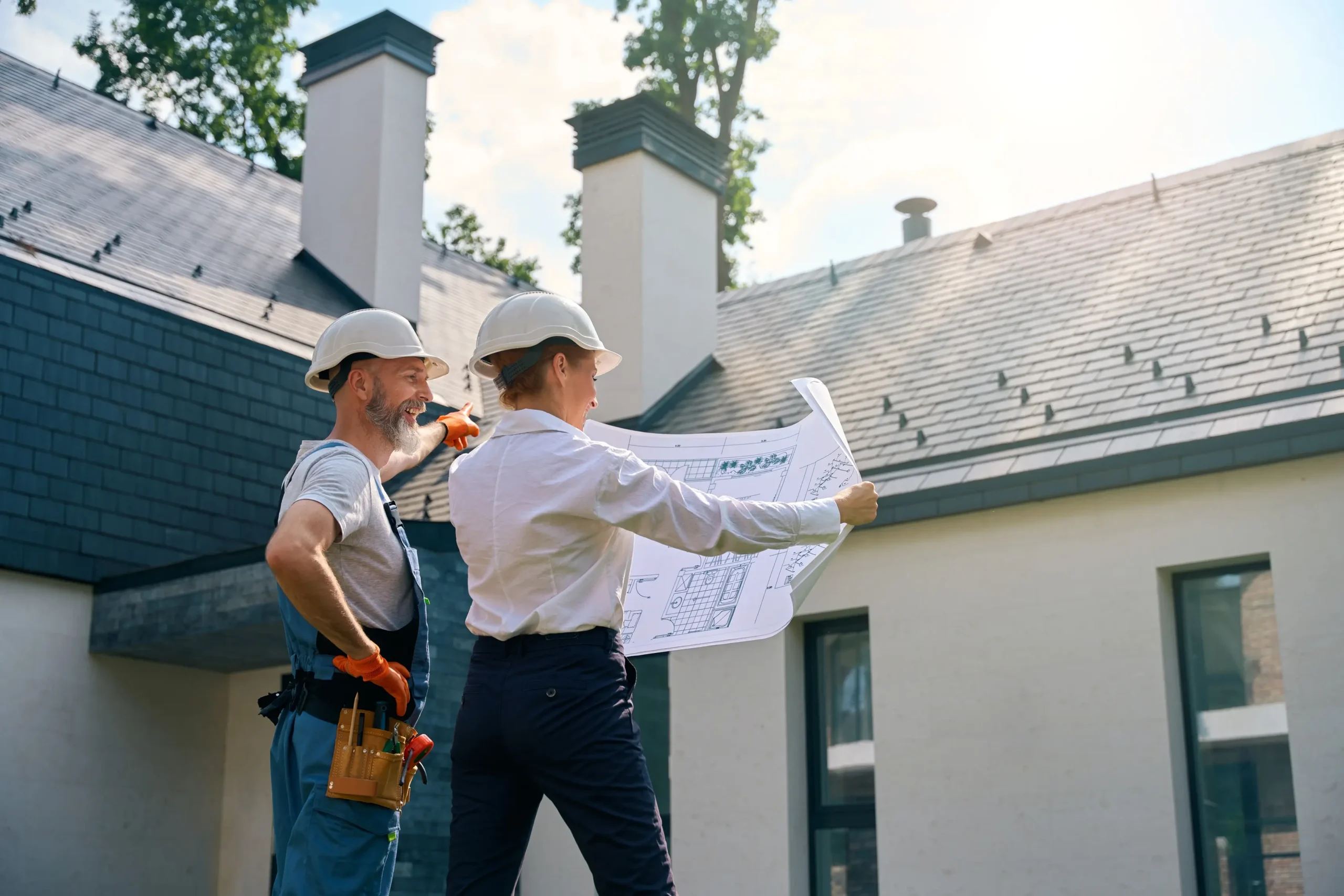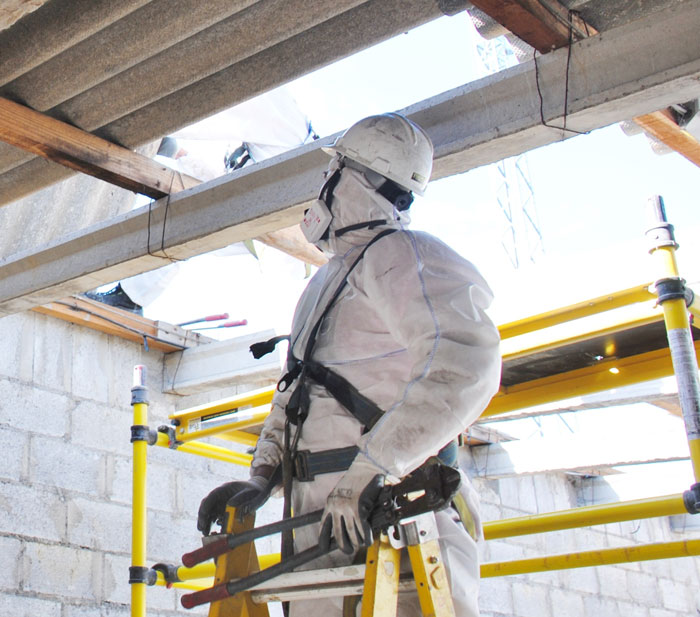Eco-Friendly Strategy: The Future For Business

In today’s climate, there is much more to be considered by businesses than offering quality products or services. Of course, both are important, but people are much more conscious of what they’re buying into and will respond in a more positive way when they know that the company behind the products or services are eco-conscious. Why? Because our priorities are changing and, a company that shows an awareness of environmental consequences gives a stronger impression of care and dedication as a whole.
For this reason, businesses are constantly looking at ways to reduce energy emissions, move away from single use plastics and learn how to develop more recyclable products. You don’t have to look very far to se the evidence: restaurants, pubs and clubs are banning the use of plastic straws, car manufacturers are making the move towards electric innovations, businesses are offering free parking and free chargers for EVs, and people are making a profit from recycling otherwise obsolete products. Ken Holmes, head fitter at tarvenlimited.co.uk has fitted eight EV charging points for free use in businesses across the southeast in the last five weeks alone. And look at the furniture industry – we now recognise terms such as shabby-chic and upcycled as part of a growing, popular trend. And it’s not just down to what’s fashionable – it’s also about being eco-savvy in business.
The increasing pressure from environment-conscious consumers, as well as the government, to find solutions to mass deforestation has led to companies, such as those in the furniture manufacturing field, to think outside the box and to come up with eco-conscious and appealing ways to stay in business while avoiding hard contributions to negative environmental impact. One of the more common solutions is to upcycle. Like recycling, upcycling is the term used for re-using items that may be outdated, used or unappealing. It’s done by redesigning and repurposing older or used furniture rather than binning it off to landfill. Not only is this highly in fashion of late, but it is reducing the reliance on deforestation as well as reducing waste.
Mike Keen, head or marketing for online furniture company, Kalusto Furniture, has seen the impact of these trends, first-hand: “We have seen a significant rise in people buying recycled or upcycled furniture in the last 12 months. People are becoming more conscious of the environment and seem to be taking their responsibility seriously in trying to tackle the problem we all face.”
Overall, the trends that are being led by more eco-focused businesses and consumers are having a knock-on, positive effect and, contrary to how it might seem, upcycling is not simply just a fad – it’s the future. This is because it is a process that involves less waste, less impact on the environment and an opportunity for companies and individuals to save money.








